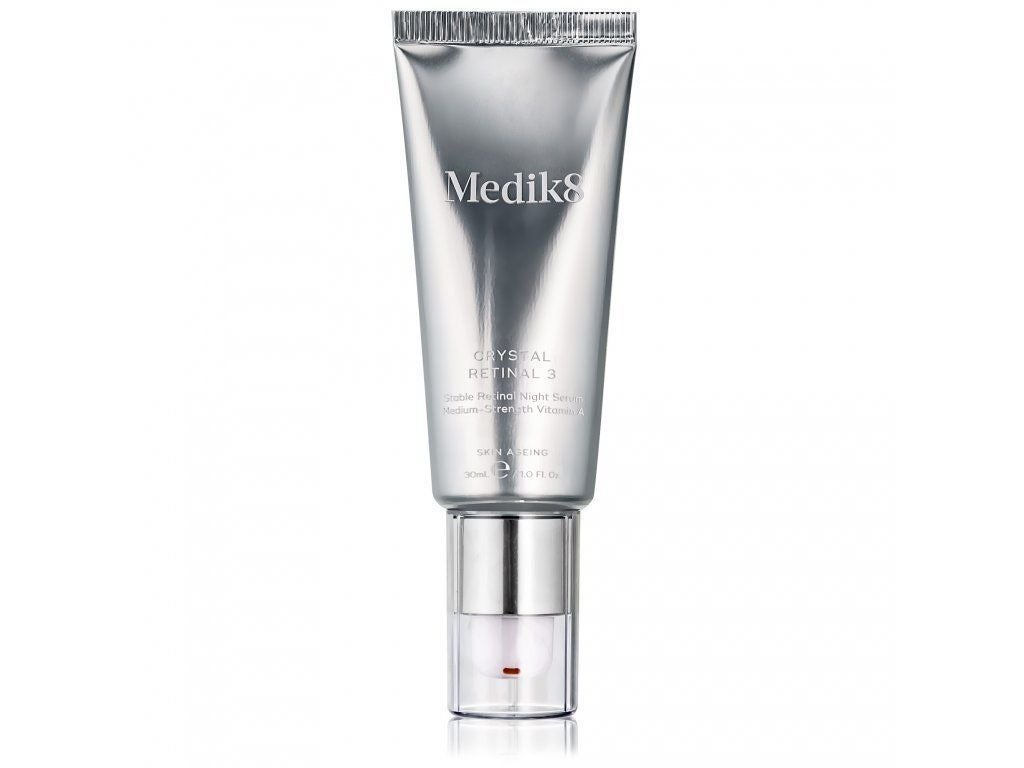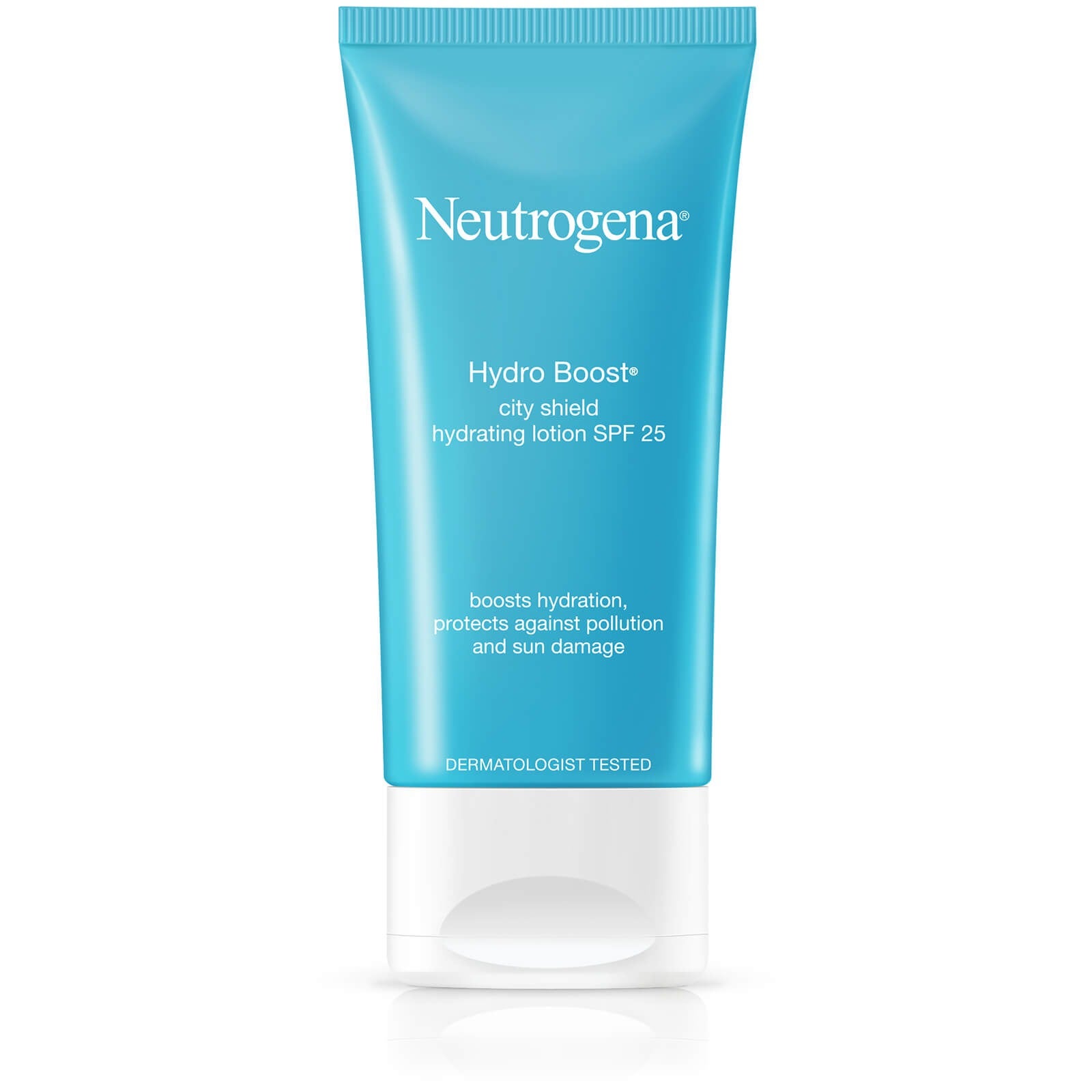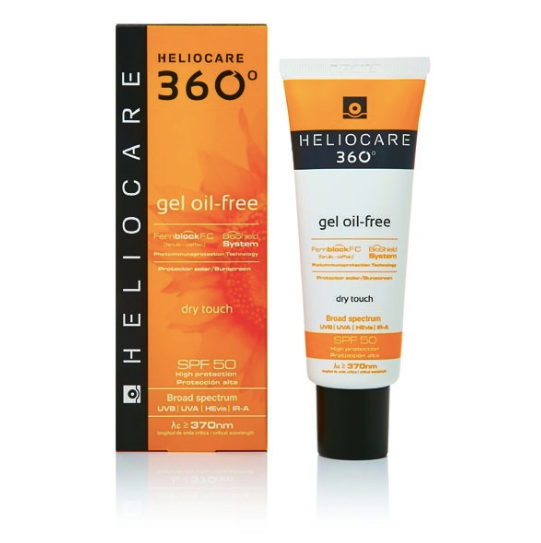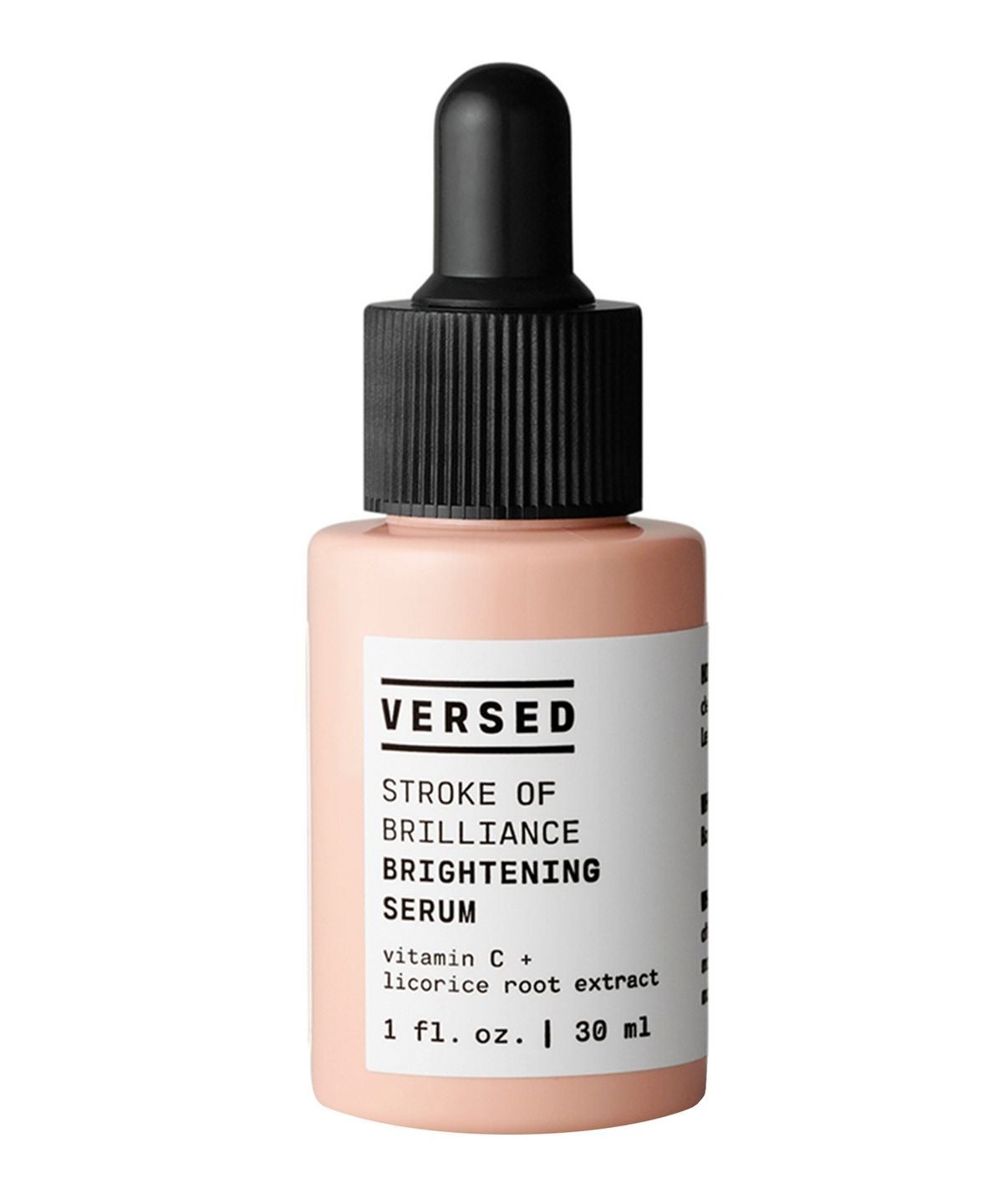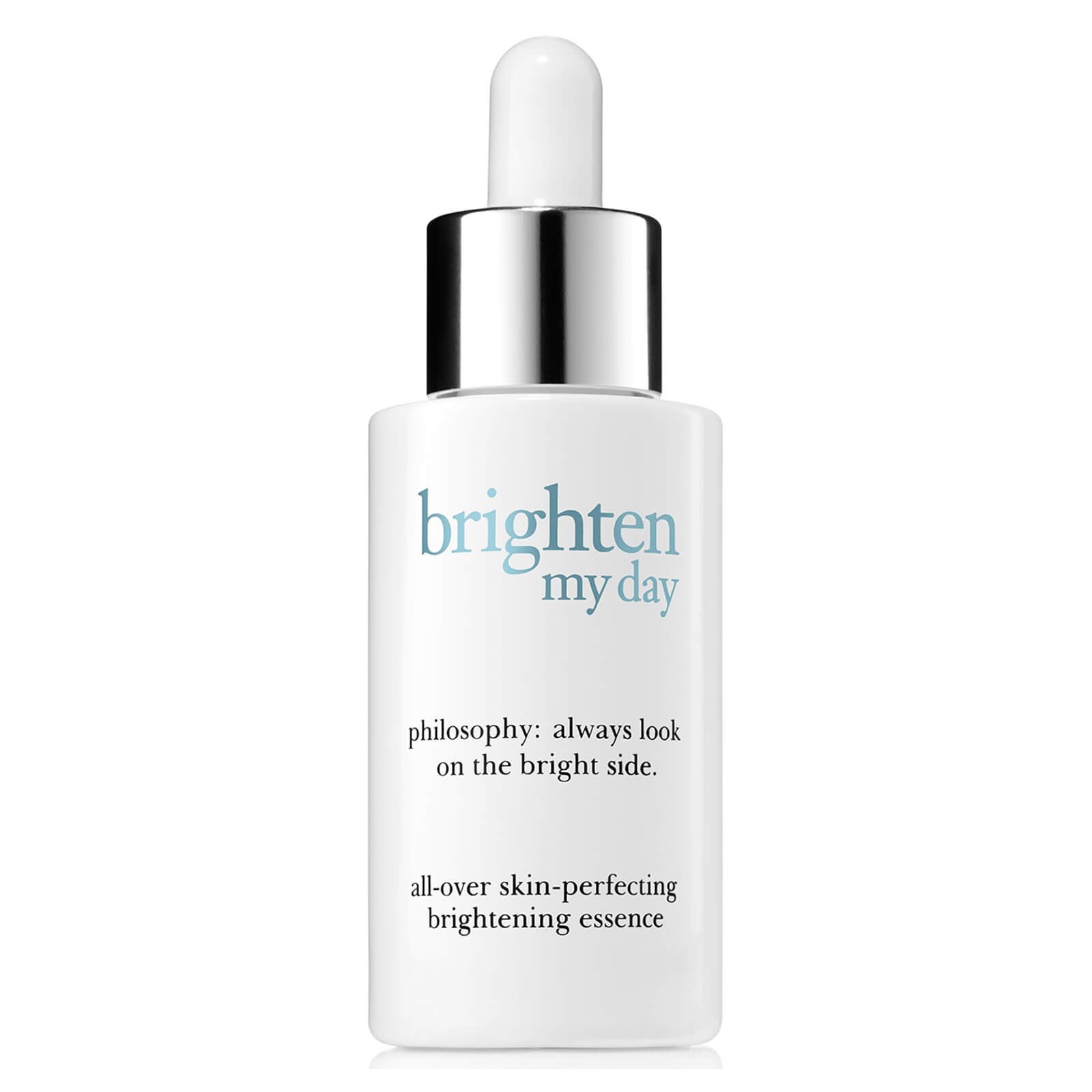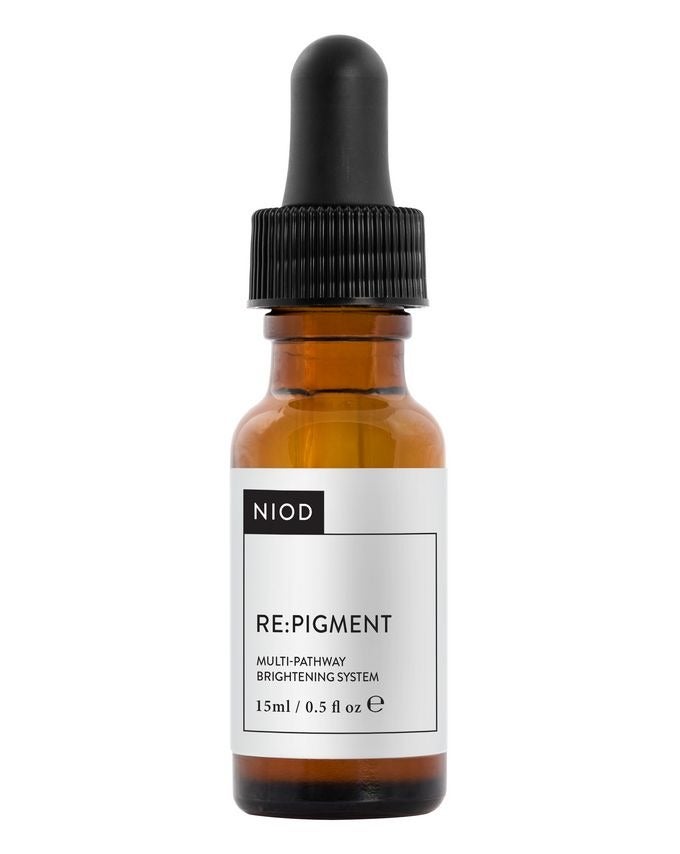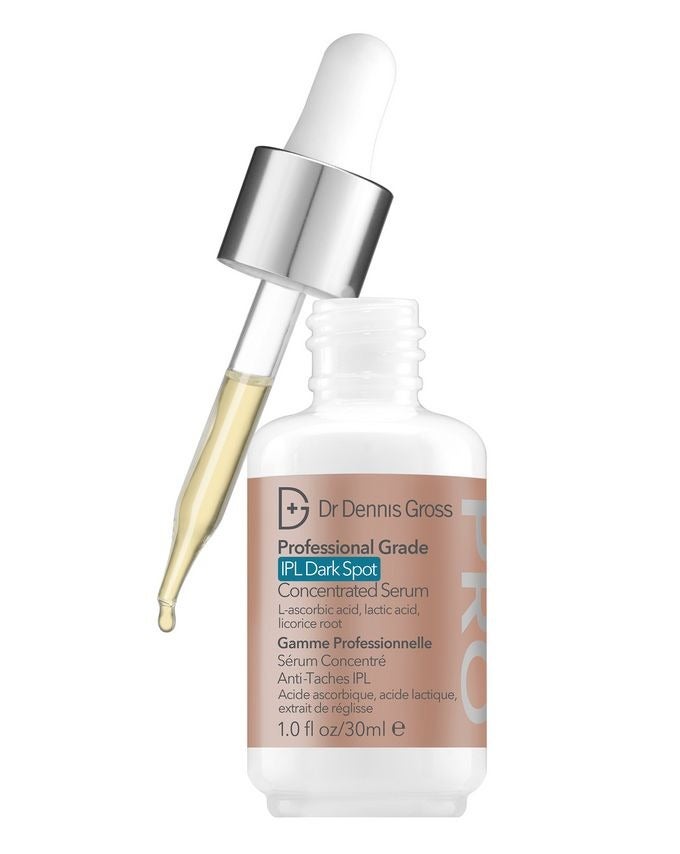Along with adult acne, eczema and rosacea, hyperpigmentation is a common skin complaint among women in the UK. While there are lots of causes of hyperpigmentation, how it manifests is relatively similar: patches of skin become slightly or much darker in colour thanks to an overproduction of melanin.
To treat facial hyperpigmentation, consultant dermatologist Dr Emma Craythorne suggests finding out the root cause. She says that melasma is arguably the most common cause of hyperpigmentation, with one in four women living with the skin condition. "Melasma is a very odd thing but we think it is caused by melanocytes (pigment-producing cells) that have become sensitised or abnormal," says Dr Craythorne. "While we aren't sure what triggers it, things like oral contraceptive pills can sensitise skin as well as pregnancy. Burn injuries, IPL (intense pulsed light laser) and excess sun exposure can trigger melasma, too. Essentially, it is partly to do with genes and other contributing factors in life."
AdvertisementADVERTISEMENT
Solar lentigo, otherwise known as dark spots as a result of being exposed to the sun, is also a common hyperpigmentation complaint. These patches sit on the surface of the skin, typically on the face, and appear brown in colour. More frequently noted, inflamed acne can also cause hyperpigmentation. Red, angry spots stimulate the melanocytes, which then become red or brown stained areas. "There’s little point in treating the brown stained areas if the acne is still there, though," says Dr Craythorne. "The key thing is identifying it as acne, treating the acne and then treating the brown marks afterwards."
If you have hyperpigmentation and are exploring ways of combating it, you might have heard that regular exfoliation works well to fade marks. Since ditching harsh physical scrubs from our routines, we've been swayed by liquid exfoliating acids, such as AHAs (alpha hydroxy acids, including glycolic and lactic acid) and BHAs (beta hydroxy acids, such as salicylic acid). Exfoliating acids are available in a number of different strengths, from 2% to 30% and higher, but choosing the wrong one, or using it incorrectly, could make hyperpigmentation much worse.
“
When too much acid is used (either too strong or too frequently applied), the skin can essentially get mildly burned. This results in hyperpigmentation.
Adarsh Vijay Mudgil, MD, founder of Mudgil DermatologY
”
The first big mistake people make is thinking that higher strength acids will work better or faster, and so book in for chemical peels or buy clinical strength acids online. "Too much of a good thing can cause a problem," says Adarsh Vijay Mudgil, MD, founder of Mudgil Dermatology in NYC. "When too much acid (either too strong, too frequently applied, or left on for too long) is used, the skin can essentially get mildly burned. This can cause pigment to drop into the dermis (the layer of skin just under the outer surface) and result in hyperpigmentation." Dr Craythorne adds: "With very strong acids, what you’re doing is creating even more inflammation. This then drags some of the pigment and melanocytes deeper in to the skin." This means pigmentation becomes more difficult to fade.
AdvertisementADVERTISEMENT
Essentially, if you have hyperpigmentation, using exfoliating acids isn't the best treatment. Joanne Evans, skin health expert and Skin Matters facialist agrees: "I wouldn’t really recommend these for pigmentation issues; they are best used to bring more of a glow to the skin." Instead, your first port of call should be a high factor sunscreen, regardless of what is causing your hyperpigmentation.
"One of the biggest hyperpigmentation culprits is UV light which triggers the production of melanin," says Joanne. "What you can do to protect the skin is to wear high SPF on your face and décolletage every day." Dr Craythorne recommends a sunscreen containing zinc, titanium or iron oxide, which provides UVA, UVB and visible light protection. Try Bioderma Photoderm M SPF50+, £13.20, or Niod Survival 20, £25. "Don't think of this as a sunscreen, though," says Dr Craythorne. "It’s a radiation screen – get it out of your head that you only put it on when it’s sunny outside."
Dr Craythorne pinpoints retinoids or gentle peels as potential topical treatments if the hyperpigmentation is mild. If your hyperpigmentation has dropped deeper into the dermis (a GP, dermatologist or facialist will be able to advise), over-the-counter creams might not do much, regardless of what they contain, says Dr Mudgil. It's important to note that any retinol product can cause irritation, such as flaking or redness. However, it shouldn't cause inflammation and is unlikely to make hyperpigmentation worse. "Irritation happens with most retinol when you start using it but levels itself out in time," says Dr Craythorne. Always use SPF during the day when using retinol.
AdvertisementADVERTISEMENT
Azelaic acid is also potentially helpful for surface hyperpigmentation, says Dr Craythorne. Try The Ordinary's Azelaic Acid Suspension 10%, £5.50, or Paula's Choice Azelaic Acid Booster, £37, mixed into your usual nighttime moisturiser. "Azelaic acid has more research behind it than vitamin C. Use it at night and SPF during the day."
Dr Craythorne adds that liquorice root and kojic acid are also helpful, especially if you aren’t going to go for a prescribed tretinoin. Try Niod Re: Pigment, £28, or Dr Dennis Gross Professional Grade IPL Dark Spot Concentrated Serum, £99, both of which contain kojic acid to reduce dark patches when used regularly. Versed Stroke of Brilliance Brightening Serum, £18, and philosophy Brighten My Day Essence, £80, are both incredibly lightweight and boast a dose of liquorice root.
If you haven't noticed a difference months down the line, take Joanne's advice: "Treating hyperpigmentation is a complicated process. Get advice via a consultation on what type of pigmentation issues you have to be more informed on the condition of your skin before self-diagnosis. When clients self-diagnose they often cause further problems for their skin."
Dr Craythorne adds that if you have paler skin, hyperpigmentation is relatively fast to get rid of, but in darker skin types it could take much longer. "Everybody's melanocytes make melanin differently," she says. "Inflammation stimulates that melanin, and because there’s more of it [in darker skin], it’s difficult to clear away."
Potentially effective skincare ingredients for hyperpigmentation in all skin tones (although not sold over the counter) include tretinoin, adapalene and 4% hydroquinone. To explore these avenues, you will be required to book an appointment with a qualified dermatologist. Check their credentials via the General Medical Council register, or visit your GP for further skin advice.
AdvertisementADVERTISEMENT







